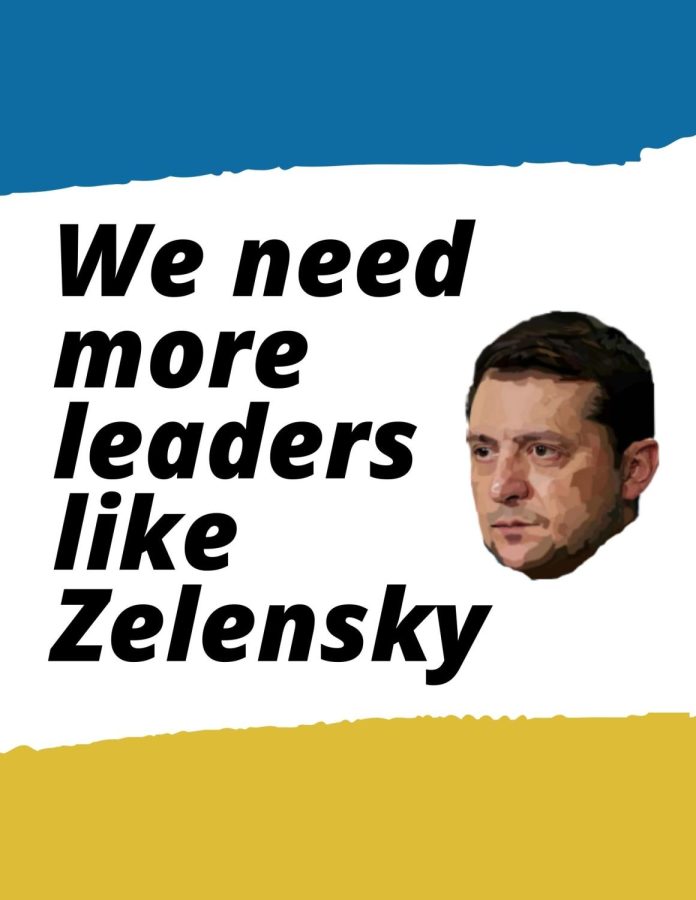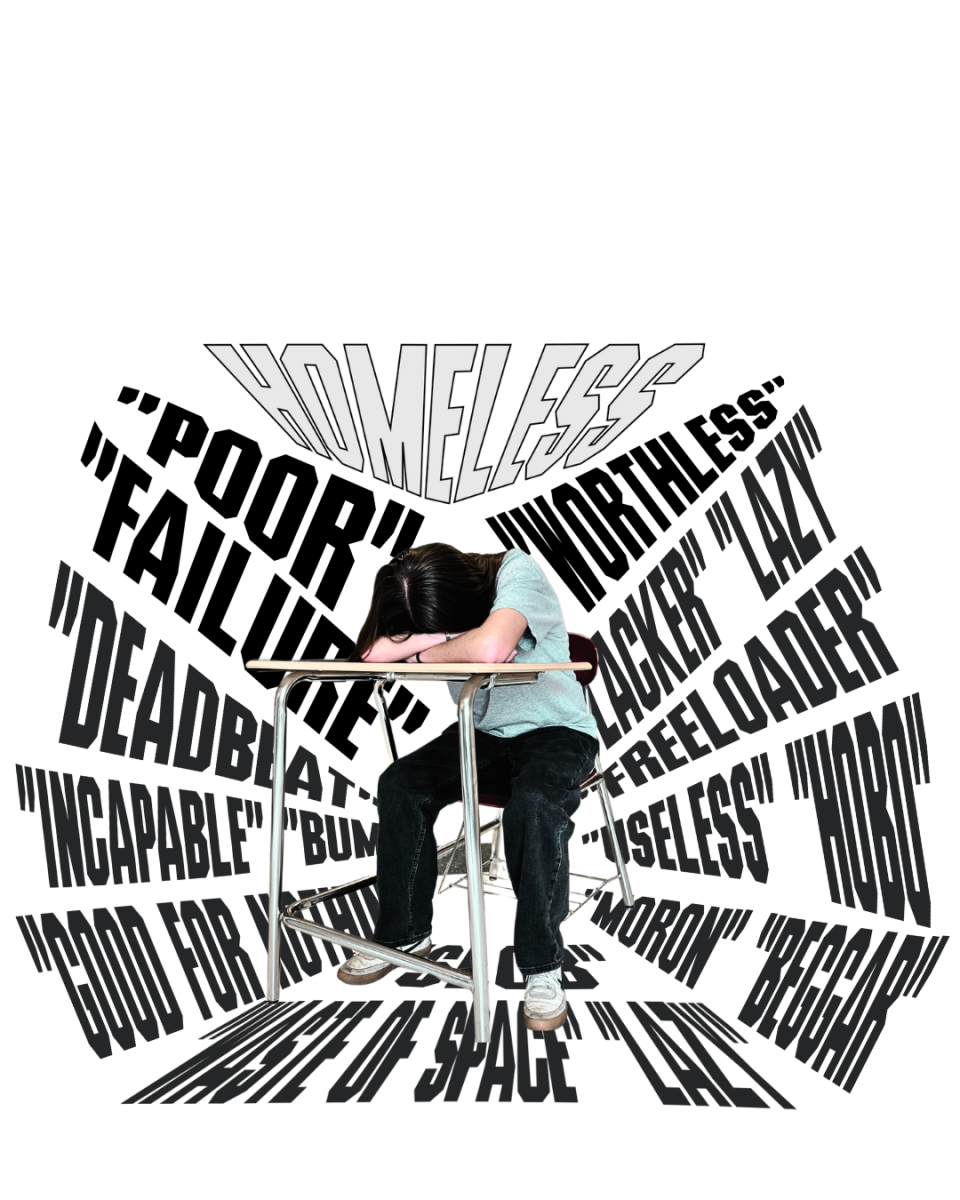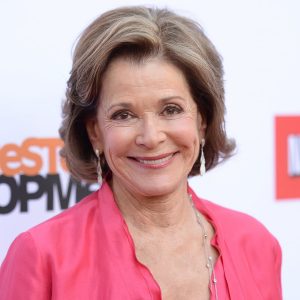We need more leaders like Zelensky
May 11, 2022
This previously ran in our April 2022 print issue.
Looking around the internet the past few weeks, everything positive has been drowned out by the news that a sovereign nation has been invaded. On Feb. 21, Russian President Vladimir Putin declared his intention to dispatch peacekeeping forces into the Donetsk and Luhansk regions of Ukraine, marking the start of the invasion. Captivating the world with his poise and tact in responding to this monumental issue, the President of Ukraine, Volodymyr Zelensky, proves that being a newcomer into the world of politics does not make someone any less of a leader.
Born in 1978, Zelensky did not start out his career as a politician, but rather as an actor. Through the political turmoil of his country, Zelensky took the opportunity to run for election and emerged with a clear lead. After campaigning and subsequently winning the 2019 election with 73% of the votes, Zelensky built a new administration, and for the first time since the Soviet Union controlled Ukraine, a single party had total control over the legislative agenda.
Zelensky was an average leader at the start of his tenure; he held true to his beliefs and goals, and that was about it. During the pandemic, Zelensky’s approval rating dropped, since public opinion was that his populist reform appeared to have stalled. Then war struck, and Zelensky has become a rallying figure for his people, and a symbol of leadership in the world. This spike in approval is similar to George W. Bush’s approval rating spiking from his response to the Sept. 11 terror attacks.
This term in American political science is known as the “rally around the flag” effect, in which an American president’s approval rating will spike at the beginning of a military mission, or a time of high tension. Another prominent example is John F. Kennedy’s response to the Cuban Missile Crisis. His approval rating was around 60% prior to the crisis, and once the crisis had subsided, his approval rating rose to 74%. There are many similarities that can be drawn between Zelensky and Kennedy, both were young leaders, and both resonated with the youth, in policy and looks.
Zelensky is a man of circumstance; he saw a career path in becoming an actor and took it, and he saw the need for something new in his government and he created it. And during an atrocious time in his country, instead of fleeing, Volodymyr Zelensky stayed — he met with soldiers, bolstered morale by being there, gave rousing speeches that resonated with the world, and remained in Kyiv, a city bombarded by attacks. In the words of the Greek Stoic Philosopher Epictetus, “It is our attitude toward events, not events themselves, which we can control. Nothing is by its own nature calamitous — even death is terrible only if we fear it.”










